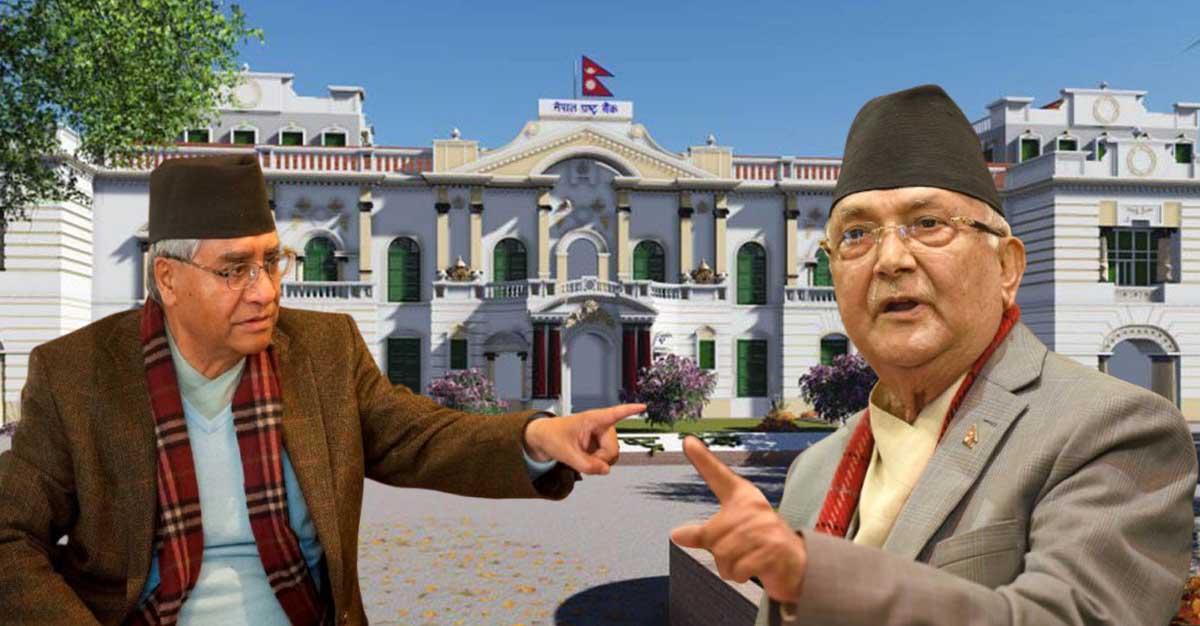Parbat. Jaljala Rural Municipality has started a campaign to protect local breeds of cows for the first time in the Dhaulagiri region of Gandaki Province. Jaljala, which has made arrangements to provide subsidies to farmers raising local breeds of cows and bullocks, has started to process cow dung and manure from the Gandaki Gopal Gaushala in Lalung, Ward No. 7, and generate income.
The manure and manure produced from the Gaushala have been packaged and used in various religious activities. The in-kind support received from donors to operate the cowshed was made public at a program organized on Sunday.
Since last Kartik, various people have voluntarily donated straw, feed and other items for cow husbandry on the occasion of their and their family’s birthdays, wedding anniversaries, ancestral rescues and special days.
A plan has been started to process the cow dung of the cows raised in the cowshed and sell it for medicinal and religious purposes, and to use the cow dung as organic fertilizer. Rural Municipality Chairman Raju Prasad Acharya said that cow dung has been processed to make worship and decorative items.
Gaushala employees Om Bahadur KC and Tulsiram Acharya have reached Kashipur, India, and have received training in making items from cow dung.
‘We have started processing cow dung and making items like idols of gods and goddesses, incense, ‘eco-pressure mats’, slippers, and wall clocks,’ said employee Acharya. ‘We have started making worship and decorative items from cow dung to sell to devotees who come to the cow dung, create employment, and provide a source of income.’ He said that equipment for processing wheat has also been brought.
Deepak Acharya, the vice-chairman of the rural municipality, said that an initiative has been taken to make the Jaljala-Hampal area, the place of Thakur, near the cowshed, a religious tourist destination. ‘The Kalanjar mountain area mentioned in the Hindu religious scripture Ramayana is a hill in Jaljala rural municipality,’ he said, ‘We are trying to develop this area as an agricultural and religious tourism.’
The cowshed, which was established under the leadership of the community in Vikram Sambat 2072, currently has 58 local breed cows and calves. Employee Om Bahadur KC said that the cowshed was started with about 11 cows. “The cowshed is being operated with the aim of developing religious and agricultural tourism by conserving local breeds of cows,” he said. “The aim of the cowshed is to prevent the extinction of cows.”
According to KC, locals have also donated Rs 110,000 in cash per cow to the cowshed. Local Tek Prasad Acharya donated 40 ropanis of land for the cowshed. A well-organized shed has been built to tie up the cows that are taken to graze in the nearby forest during the day. Grass, straw and feed are fed in the morning and evening.
It has been proposed to make the national forest areas of Jaljala and Hampal a grazing area for the cows kept in the cowshed. An annual expenditure of Rs 2.2 million is spent on cow feed, grass, straw and the salaries of three employees. In order to spread the message about the importance of cows at the community level and to raise income for the operation of the cow shelter, a cow festival was organized on the banks of Kaligandaki in Milan Chowk in Mangsir 2076 BS.
A contribution of Rs 32.4 million was announced at the festival. The cow shelter has been operated by collecting interest on the amount collected at the festival and support from donors. Chairman Acharya informed that Rs 14.5 million has been allocated from the rural municipality in the current fiscal year for the further development of the physical infrastructure of the cow shelter, while the federal government has also allocated Rs 14.5 million.































प्रतिक्रिया दिनुहोस्